Anonymous Sources: The Good, The Bad, and The Ugly
Recently, there has been debate regarding the use of anonymous quotes by journalists. The Grytte has not accepted an anonymous source since 2017. Is the move away from anonymity a good idea?
Citing the School’s mission and values, the Grytte currently prohibits the use of anonymous sources.
“Anonymous sources can be seen as hiding behind your words,” Grytte faculty advisor Jeremy Katz ’04 said. “While we are reporting news to the community, we also have a moral and ethical obligation to make sure to embody the values of Browning and preserve honesty and dignity.”
Is the current policy prohibiting anonymity a good idea? In contrast to Browning’s policy, newspapers such as The New York Times continue to use anonymous sources.
“Many important stories in sensitive areas like politics, national security, and business could never be reported if we banned anonymous sourcing,” Philip Corbett, editor for standards at the Times, wrote on the paper’s policy page. “Sources often fear for their jobs or business relationships—sometimes even for their safety.”
While some argue that honesty relies on transparency, including the publication of named sources, history shows that the opposite is often true.
“On the record, people in sensitive positions will often simply mouth the official line; they will be candid only if they know their name won’t be used,” Corbett said about the Times’ use of anonymous sources.
This can be especially true in schools, where students must be careful not to offend or contradict the adult teachers who are responsible for both their education and their grades, as well as fellow students, who may have different opinions from those of their classmates.
Grytte reporter Henry L. ’24 recently had trouble finding a student willing to be quoted publicly for an article. He also had limited success generating responses to his political polls regarding the upcoming election.
Henry had to send his poll twice; and even then, collectively, only 25 people responded out of the 157 emails he sent. Small poll sampling makes it harder to generate enough data to draw accurate conclusions, making such polls less valuable.
There is also a question of a student’s right to the Fifth Amendment. In 2013, a high school social studies teacher in Illinois got into trouble with his school board for informing students that it was within their Constitutional rights to not respond to a poll if their answers were not anonymous. The teacher was attempting to educate his students that the United States Constitution protects them from self-incrimination.
The school board believed the teacher was “mischaracterizing” the school’s intentions. The teacher was given a letter of remedy that lists the behaviors and actions that are no longer allowed. If the teacher continues these behaviors, further consequences may be implemented.
However, if a school poll is not anonymous, there is always a risk that an honest answer could be used for reasons other than mere data collection. Students should know that, even though they are minors, they are also American citizens, and they have a right to their privacy.
What does this mean for the Grytte?
“As a high school newspaper, our main priority is to report the news for the school community. In the past, we have encountered situations in which anonymous sources disrupt the integrity of articles or lead to airing personal vendettas,” Grytte editor-in- chief Alexander K. ’20 said.
While the decision to avoid the use of anonymous sources and polling ensures that all of the Grytte’s articles are transparent and factually correct, as explained by The New York Times, it may also prevent important facts from being reported honestly.
